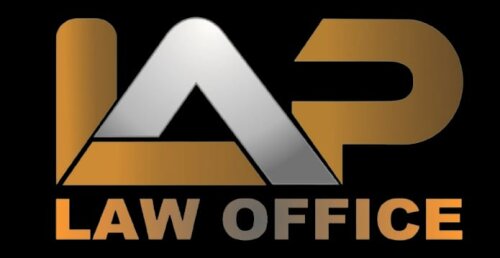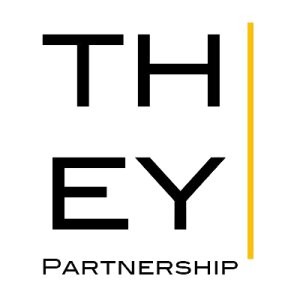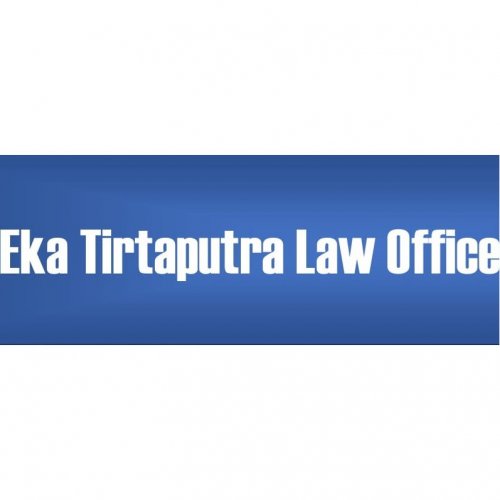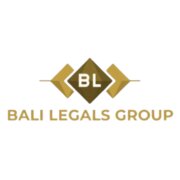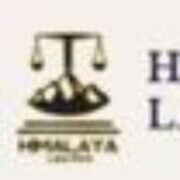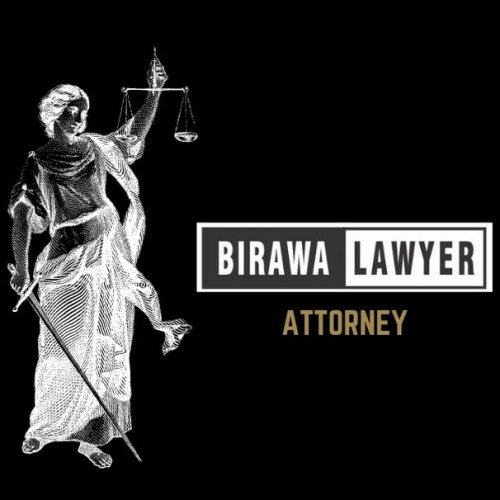Best Renewable & Alternative Energy Lawyers in Jakarta
Share your needs with us, get contacted by law firms.
Free. Takes 2 min.
List of the best lawyers in Jakarta, Indonesia
About Renewable & Alternative Energy Law in Jakarta, Indonesia
Renewable and alternative energy in Jakarta, Indonesia is a rapidly growing field as the city and country shift focus to sustainable development and energy independence. Jakarta, as the capital city, is at the forefront of implementing eco-friendly policies and frameworks to promote clean energy sources such as solar, wind, hydro, geothermal, and bioenergy. The government has set ambitious national targets to increase the share of renewables in the energy mix and encourage investment in alternative energy infrastructure. Legal frameworks are evolving to support these goals, touching business operations, land use, investment regulations, licensing requirements, and environmental compliance. Understanding local energy law is essential for individuals and businesses looking to participate in this sector.
Why You May Need a Lawyer
Engaging in the renewable and alternative energy sector in Jakarta often involves a complex web of legal requirements and processes. Here are common situations where legal help is beneficial:
- Securing permits and licenses for renewable energy projects
- Navigating investment regulations and foreign ownership restrictions
- Drafting and reviewing contracts with suppliers, contractors, or government agencies
- Ensuring compliance with environmental and safety regulations
- Resolving land acquisition and land use issues for project sites
- Managing intellectual property related to energy technologies
- Handling disputes related to project construction or energy purchase agreements
- Understanding taxation and incentives for renewable energy projects
Legal counsel ensures you understand your rights, responsibilities, and risks, and helps protect your interests throughout every stage of the project.
Local Laws Overview
Jakarta operates within the broader legal framework established by Indonesian national laws, but has specific local regulations affecting renewable and alternative energy projects. Key legal aspects include:
- National and Regional Energy Policy: The National Energy Policy (KEN) sets targets for renewable energy contributions. Local governments are tasked with implementing supporting policies and regulations.
- Licensing and Permits: Projects typically require multiple permits, such as location permits, environmental licenses, and specific permits for electricity generation and distribution.
- Investment Regulations: The Negative Investment List and its updates affect foreign ownership in energy projects. Coordinating with the Indonesia Investment Coordinating Board (BKPM) is often necessary.
- Feed-in Tariff and Incentives: Various financial incentives, including feed-in tariffs and tax holidays, are offered to attract investment in renewables.
- Land Use: Land acquisition follows strict regulations, especially for large-scale energy projects, with attention to zoning and community consultation.
- Environmental Regulations: Laws mandate environmental impact assessments (AMDAL) and continuous compliance with environmental standards.
It is important to consult up-to-date legal resources or a specialized lawyer, as regulations often change to support evolving government priorities.
Frequently Asked Questions
What types of renewable energy projects are most common in Jakarta?
Solar power installations, small-scale hydro projects, and waste-to-energy facilities are among the most common types of renewable energy projects in Jakarta due to urban conditions and local resources.
Can foreigners invest in renewable energy projects in Jakarta?
Yes, though foreign investment is regulated. Foreigners can participate within the allowed ownership limits and after fulfilling requirements under Indonesia's investment laws.
What permits are needed to build a renewable energy plant in Jakarta?
Permits typically include a location permit, environmental impact assessment (AMDAL), building permit (IMB), and an electricity supply business license (IUPTL). More specific permits may be required depending on project location and type.
Are there government incentives for renewable energy development?
Yes, the Indonesian government provides several incentives such as feed-in tariffs, tax holidays, and other fiscal incentives to encourage investment in renewable energy.
How are land acquisition issues handled for energy projects?
Land acquisition must comply with national regulations and local zoning, along with public consultation and compensation requirements if land is privately owned.
Do I need an environmental impact assessment for my project?
Most renewable energy projects require an environmental impact assessment (AMDAL) to ensure compliance with environmental regulations and to secure the necessary permits.
What happens if my project does not meet environmental standards?
Failure to comply with environmental standards can result in penalties, suspension of permits, or even cancellation of the project.
Who regulates renewable energy in Jakarta?
Regulation is handled by both the Ministry of Energy and Mineral Resources (ESDM) and Jakarta's local government agencies responsible for energy and environment.
Are power purchase agreements enforceable in Indonesia?
Yes, power purchase agreements (PPAs) are recognized and enforceable under Indonesian law, but they must comply with specific requirements and be approved by relevant authorities.
Can individuals install solar panels at home in Jakarta?
Yes, individuals can install solar panels at their residence, but must follow local regulations and notify or coordinate with the local utility company (PLN) for grid connection or net metering.
Additional Resources
If you are seeking more information or assistance, the following resources may be helpful:
- Ministry of Energy and Mineral Resources (ESDM) - Responsible for energy policy, regulations, and permitting.
- Jakarta Energy and Mineral Resources Department - Oversees local implementation of energy projects.
- Indonesia Investment Coordinating Board (BKPM) - Handles investment licensing and foreign investor facilitation.
- PT PLN (Persero) - The state electricity company manages grid connections and power purchases.
- Indonesian Renewable Energy Society (METI) - Industry association providing updates and advocacy.
- Environmental NGOs and legal aid organizations specializing in environmental and energy law.
Next Steps
If you are considering a renewable or alternative energy project in Jakarta, or are facing legal challenges in this sector, consider taking the following steps:
- Outline your project or legal concern to clarify your needs.
- Research basic requirements for permits, compliance, and investment relevant to your specific situation.
- Contact a local lawyer or legal consultant who specializes in renewable and alternative energy law. Look for one with experience in the Jakarta market and recent projects.
- Prepare relevant documentation regarding your project, investment plans, or any disputes.
- Consult additional resources, such as governmental departments or industry associations, for up-to-date guidance and potential support.
- Maintain communication with relevant authorities to ensure ongoing compliance with evolving regulations.
Navigating renewable and alternative energy matters in Jakarta can be complex, but appropriate legal guidance ensures you maximize opportunities and minimize risks. Early engagement with a legal professional can save time, protect your investments, and contribute positively to Indonesia's energy future.
Lawzana helps you find the best lawyers and law firms in Jakarta through a curated and pre-screened list of qualified legal professionals. Our platform offers rankings and detailed profiles of attorneys and law firms, allowing you to compare based on practice areas, including Renewable & Alternative Energy, experience, and client feedback.
Each profile includes a description of the firm's areas of practice, client reviews, team members and partners, year of establishment, spoken languages, office locations, contact information, social media presence, and any published articles or resources. Most firms on our platform speak English and are experienced in both local and international legal matters.
Get a quote from top-rated law firms in Jakarta, Indonesia — quickly, securely, and without unnecessary hassle.
Disclaimer:
The information provided on this page is for general informational purposes only and does not constitute legal advice. While we strive to ensure the accuracy and relevance of the content, legal information may change over time, and interpretations of the law can vary. You should always consult with a qualified legal professional for advice specific to your situation.
We disclaim all liability for actions taken or not taken based on the content of this page. If you believe any information is incorrect or outdated, please contact us, and we will review and update it where appropriate.



